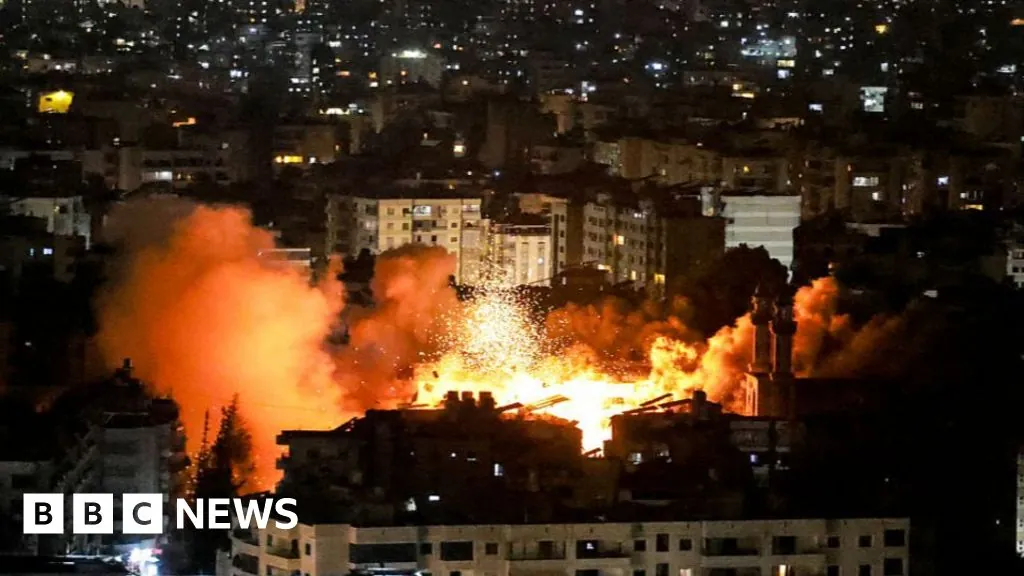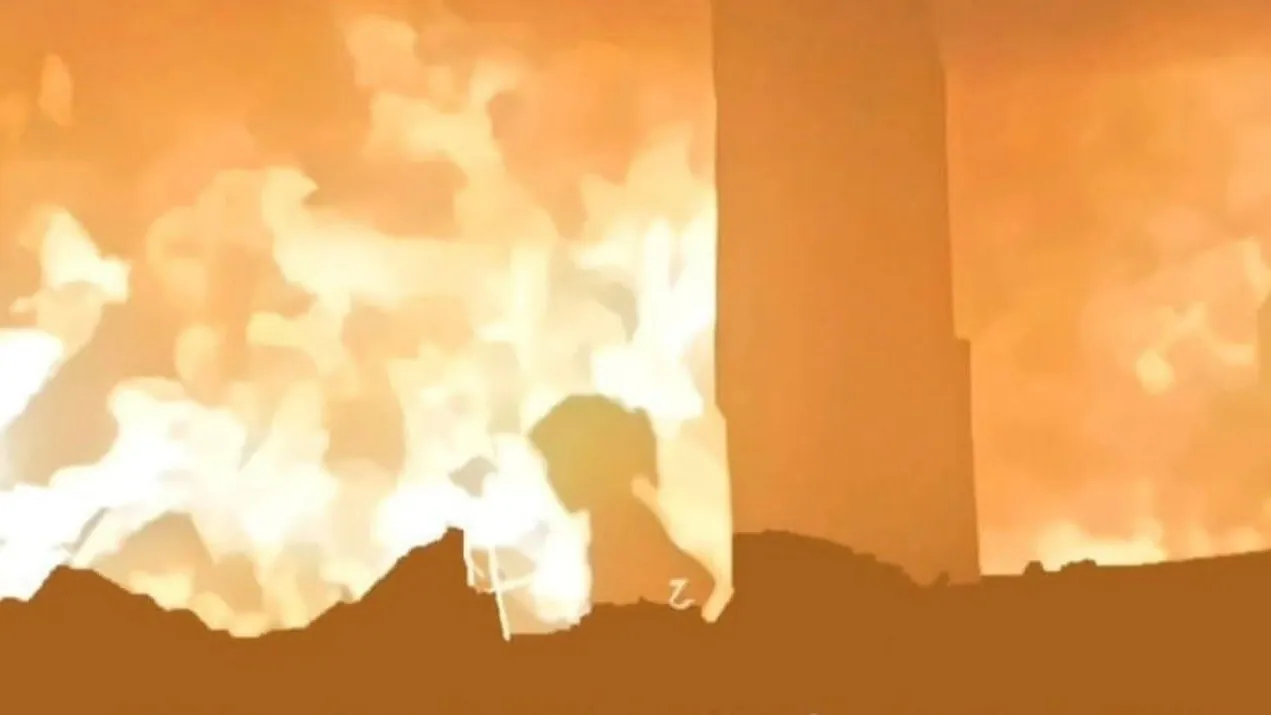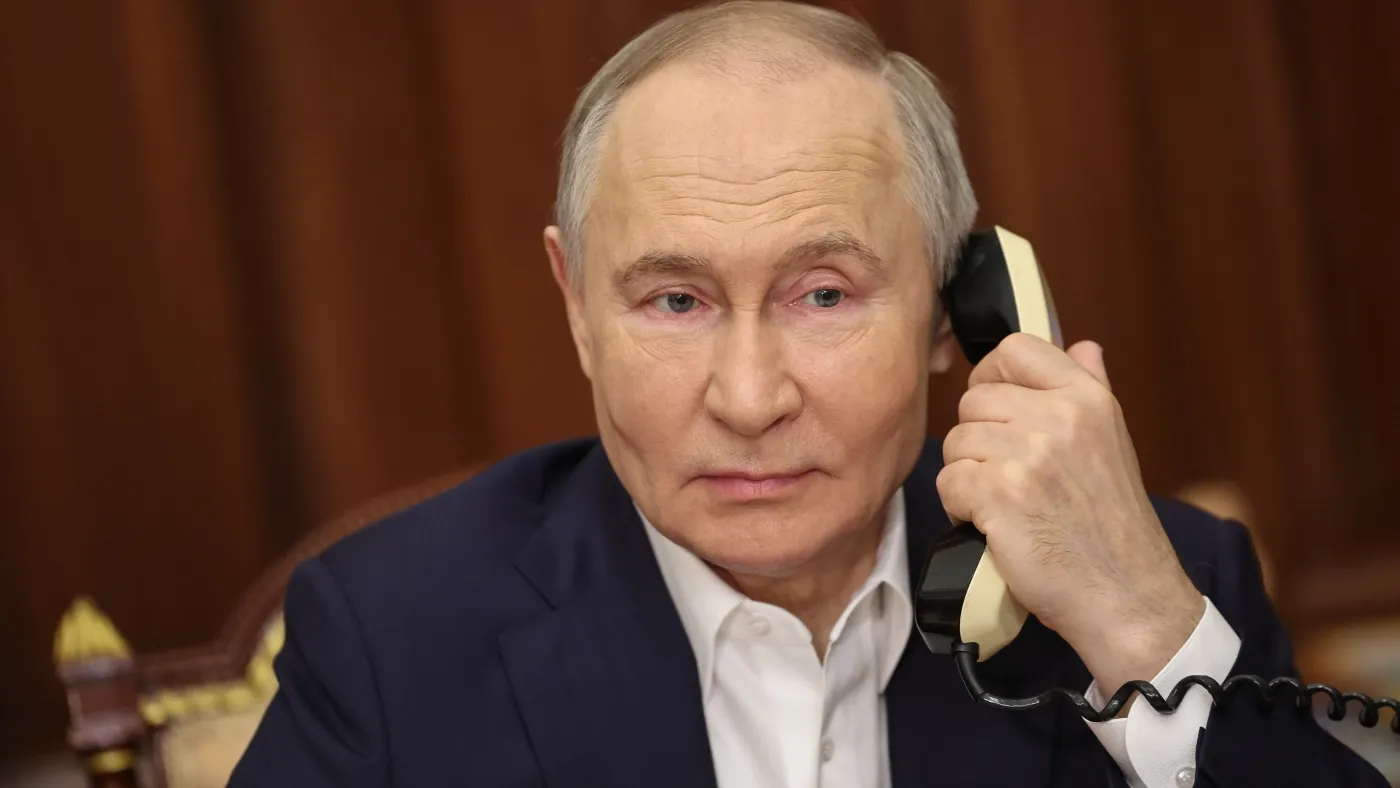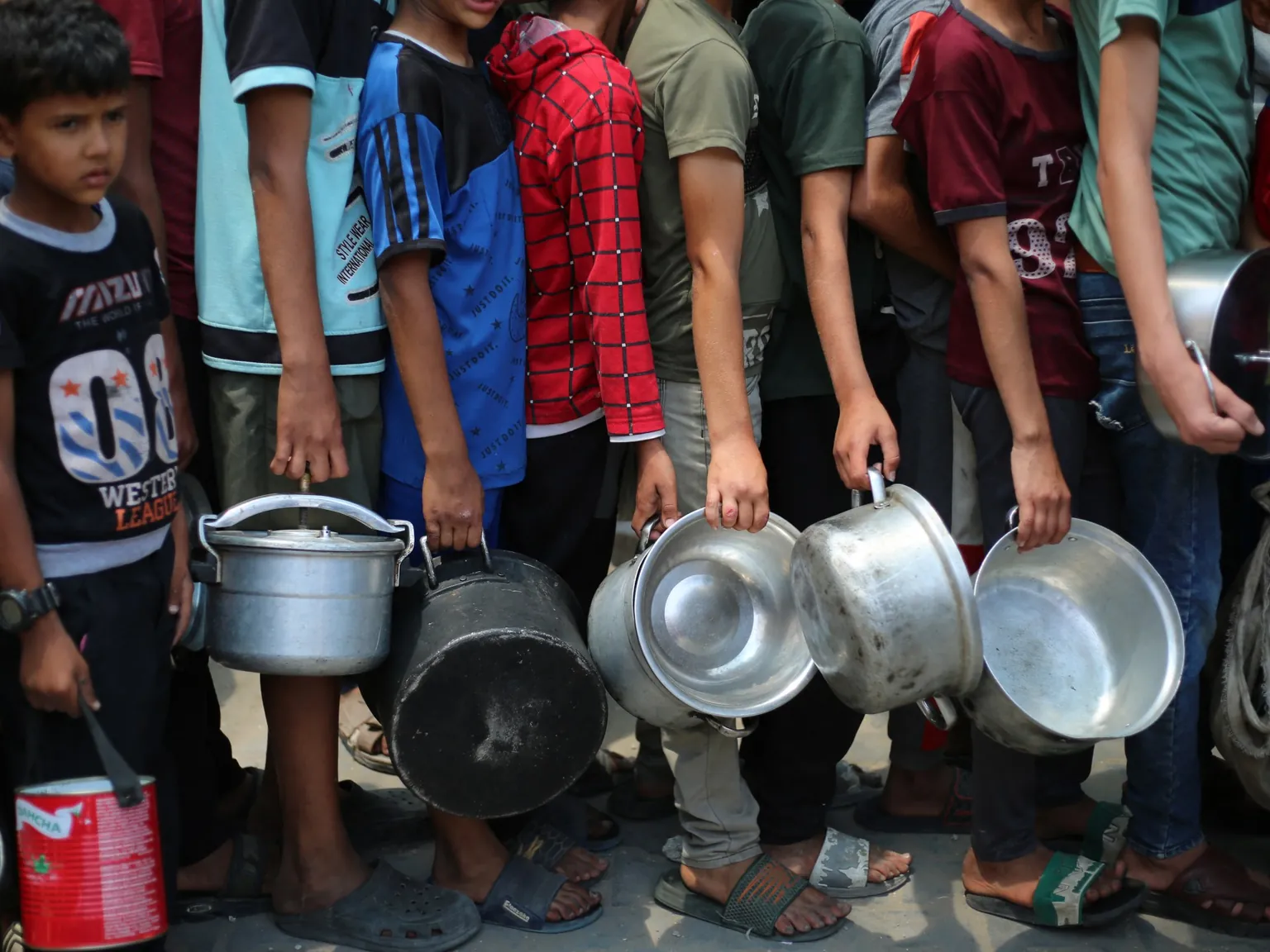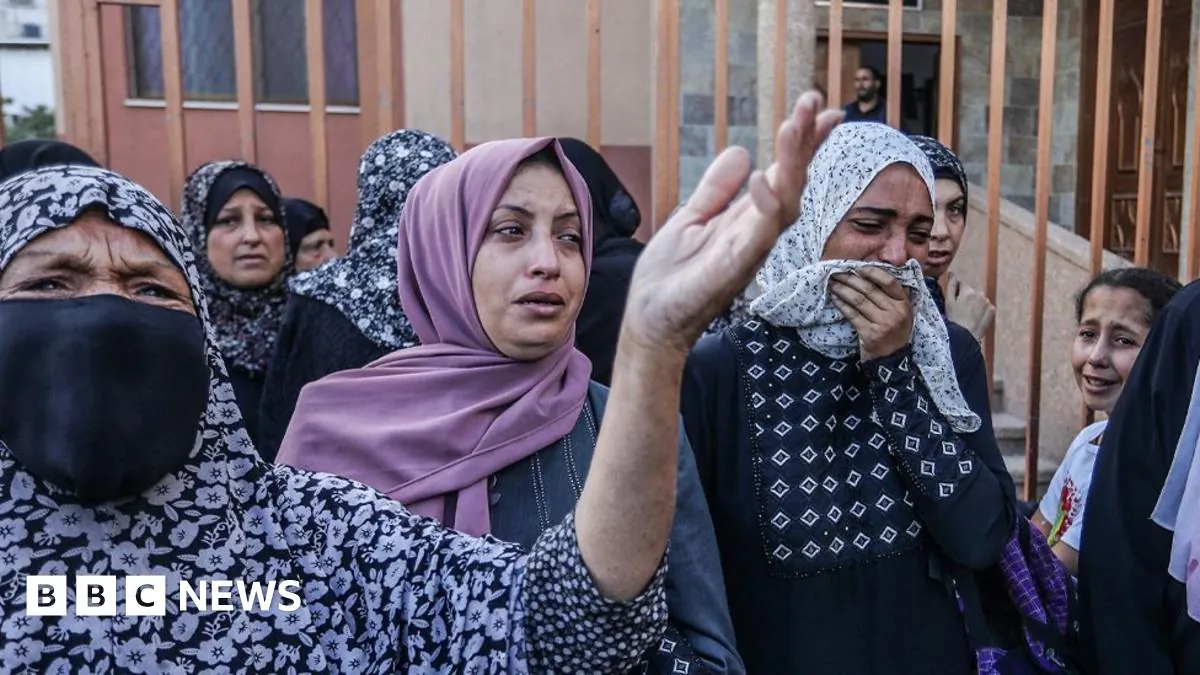Israel has carried out several air strikes on Beirut’s southern suburbs, saying it was targeting Hezbollah’s drone production.
The attack occurred despite a ceasefire being in effect between Israel and the armed group for the past six months.
A ceasefire struck in late November between Israel and Lebanon – but not Hezbollah – saw Israel withdraw while the Lebanese army took over policing southern Lebanon.
Israel has carried out air strikes in Lebanon on targets it says are linked to Hezbollah in the months since.
Lebanon’s government said those attacks, as well as the continued stationing of Israeli soldiers in five locations in southern Lebanon, constitute violations of the truce.
Israel claims to have targeted Hezbollah’s drone manufacturing with a series of airstrikes on the southern suburbs of Beirut.
Hezbollah is based in the capital, and the attack occurred on Thursday night, the eve of Eid Al Adha, one of the most significant Islamic holidays, after several nearby buildings were warned to be evacuated.
“Iranian terrorists” are funding a Hezbollah unit that produces “thousands” of drones underground, according to the Israeli Defense Forces.
Despite a six-month ceasefire between Israel and the armed group, the attack still took place.
He “strongly condemns” the strikes, according to the prime minister of Lebanon.
Specifically on the eve of the holidays and the tourist season, Nawaf Salam posted on X, saying, “I consider them to constitute a systematic and deliberate attack on our homeland, its security, stability, and economy.”.
There was a traffic jam after the evacuation warning as thousands of people fled the congested streets in the heavily populated area. After that, smoke plumes emerged in the sky.
Joseph Aoun, the president of Lebanon, said the strikes had taken place “on the eve of a sacred religious festival” and called them a “flagrant violation of an international accord.”.
Hezbollah’s “extensive use” of drones, according to Israel’s military, was a major factor in its attacks on Israel, which it described as “a blatant violation of the understandings between Israel and Lebanon.”.
Hezbollah did not immediately respond.
Residents in the Dahieh area’s Hadath, Haret Hreik, and Borj el-Barajneh neighborhoods were ordered to evacuate by Israeli military Arabic spokesman Avichay Adraee an hour prior to the airstrikes.
Using a map to pinpoint specific buildings, he posted on social media, saying, “You are next to infrastructure belonging to Hezbollah.”.
More than a year of cross-border fighting between Israel and the Iranian-backed Hezbollah organization had preceded the Israel-Gaza war, which resulted in a fierce Israeli bombing campaign and ground invasion of southern Lebanon.
Over 1.2 million people were displaced as a result of the offensive, which claimed the lives of roughly 4,000 people in Lebanon, many of whom were civilians.
Israel claimed that a UN peacekeeping force had failed to dismantle Hezbollah installations close to the border, and that the military intervention was required to do so.
Its declared objective was to permit the return of roughly 60,000 citizens who had been forced to leave communities in the northern part of the country due to attacks by the group.
In late November, Israel withdrew and the Lebanese army assumed control of policing southern Lebanon as part of a ceasefire that excluded Hezbollah.
In accordance with international law, the agreement further declared that its provisions “do not preclude either Israel or Lebanon from exercising their inherent right of self-defense.”.
In the months since, Israel has launched airstrikes in Lebanon against targets it claims are associated with Hezbollah.
Israel attacked what it said was a Hezbollah “precision-guided missiles” storage facility in the same Dahieh region in April.
It carried out a similar attack earlier that month, killing three other people and a Hezbollah official, according to the country’s health ministry at the time.
The attacks, according to Lebanon’s government, are violations of the truce, as is the ongoing presence of Israeli troops in five locations in southern Lebanon.
The day after Hamas launched its attack on Israel on October 7, 2023, Hezbollah began its campaign, claiming to be acting in solidarity with the Palestinians in Gaza.

